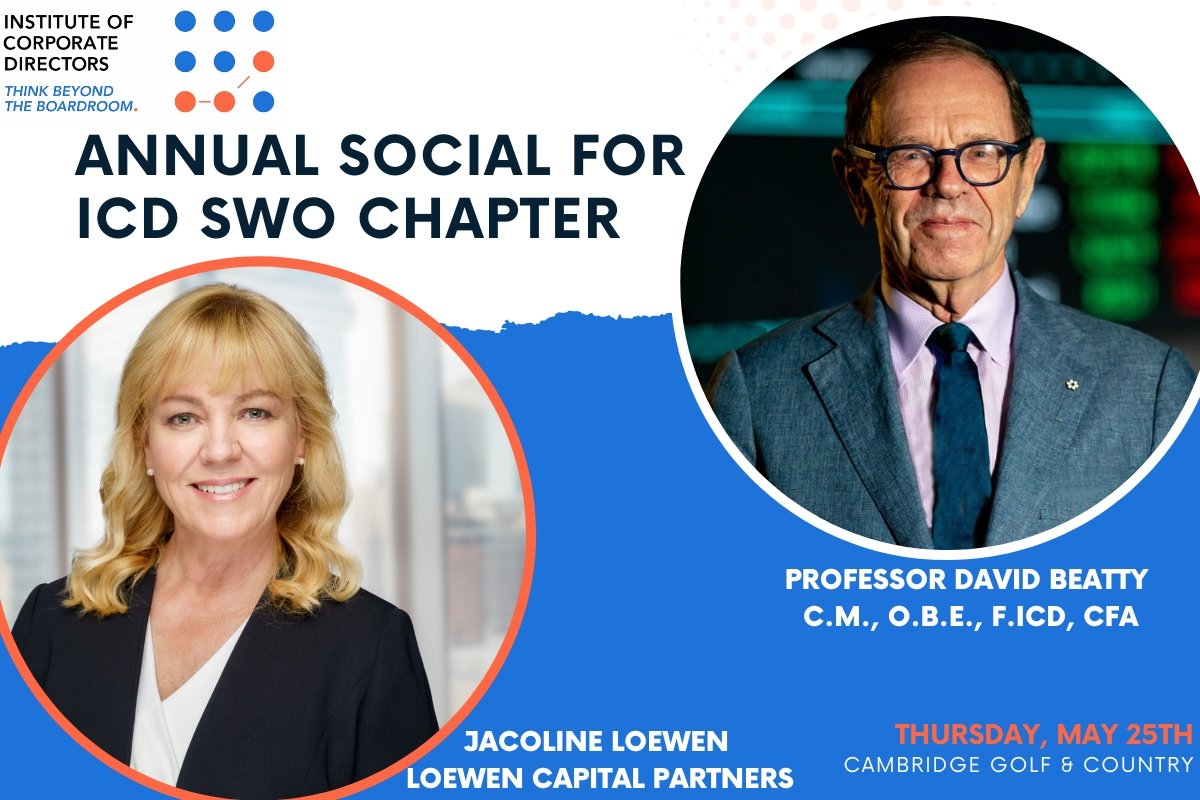Good lawyers get up close and personal with family businesses
JACOLINE LOEWEN, CONTRIBUTED TO THE GLOBE AND MAIL
David Simpson knows all too well the tough battles that need to be fought to successfully transition a family business. He has worked with many of Canada's leading family businesses and he has worked in one himself, with his brother. He now teaches the next generation of entrepreneurs at the Richard Ivey School of Business MBA program in London, Ont
He also knows the important role played by lawyers.
"When talking about transition success, your long-time lawyer may not let you in on a little secret," says the founder of the Ivey Business Families Centre. "The lawyer may not ask if you realize that the legal documentation of your transition or success strategy is the easiest part of the succession process."
Is Mr. Simpson implying that family business lawyers have it easy? Not at all.
A family firm lawyer will know the law, but a good lawyer will also get to know the family very intimately and how the members interact. This close and frequently personal relationship brings its own set of challenges, often requiring a lawyer to step outside of the legal box. The lawyer is like a ring master, advising the owner on when to call in experts to deal with various non-legal family issues encountered when running a business and balancing the long-term succession planning.
"The toughest part of transition is asking three key questions, which have nothing to do with the law or the business itself, but they will challenge every family business," Mr. Simpson says.
His questions are as follows:
· Does your family speak the same language? A successful transition requires a common frame of reference, and even the simplest everyday terms such as “soon” – as in we’ll meet soon on that – or “long term” can mean different things to each family member. A daughter might ask to run a philanthropy event, but when the founder says ‘we can do it later,’ it means next year. Meanwhile, the daughter thinks her father means next month and conflict arises. It is critically important to meet together as a family to work out common frames of reference to avoid misinterpretations within the family, which can then spill over and confuse staff, customers and other stakeholders.
· Are the children dependent on the business? While children are growing up, they are dependent on their parents. When the business relationship is added to the family dynamic, it can be emotionally difficult for adult children. They have to be at peace with working for a parent while competing with their parents’ legacy goals for the other “baby” in the family: the family business. Children need to realize that their livelihood may not come from the family business if their skills are not a good fit with the requirements of the industry. Author and family business adviser David Bork said it best: “The purpose of family is to raise responsible adults, who have high self-esteem and can function independently in the world – acceptance is unconditional.” Now compare that unconditional love with Mr. Bork’s description of the uncompromising world of business: “The purpose of business is to generate profits! Acceptance is based on skills, competence, the ability to produce and perform.”
· Have you discussed personal goals within the family? It is critical for the leader who is passing the torch to not snare the next generation in a trap. There can often be a conflict between the founder and his vision of how the legacy will continue and the next generation’s goals. For example, the younger generation might want to move marketing efforts online and use Google Adwords, Facebook and Twitter. The founder says, “What’s this Facebook – it’s for teenagers?” or “I don’t want to tweet,” and puts a kibosh on the plan. To pass the torch to a new generation, a founder needs to grant full freedom. Great families honour the founding entrepreneurs and understand stewardship of family assets, but they are also mindful that success lies in allowing the next generation to remain entrepreneurs. This means providing the new leadership with the fullest autonomy to take the business in new directions.
















